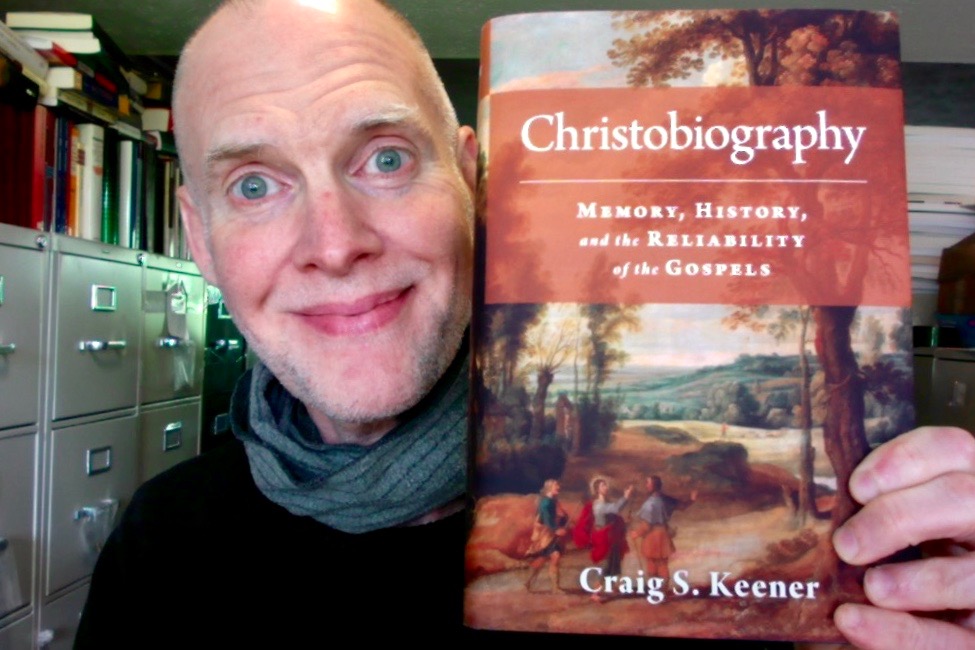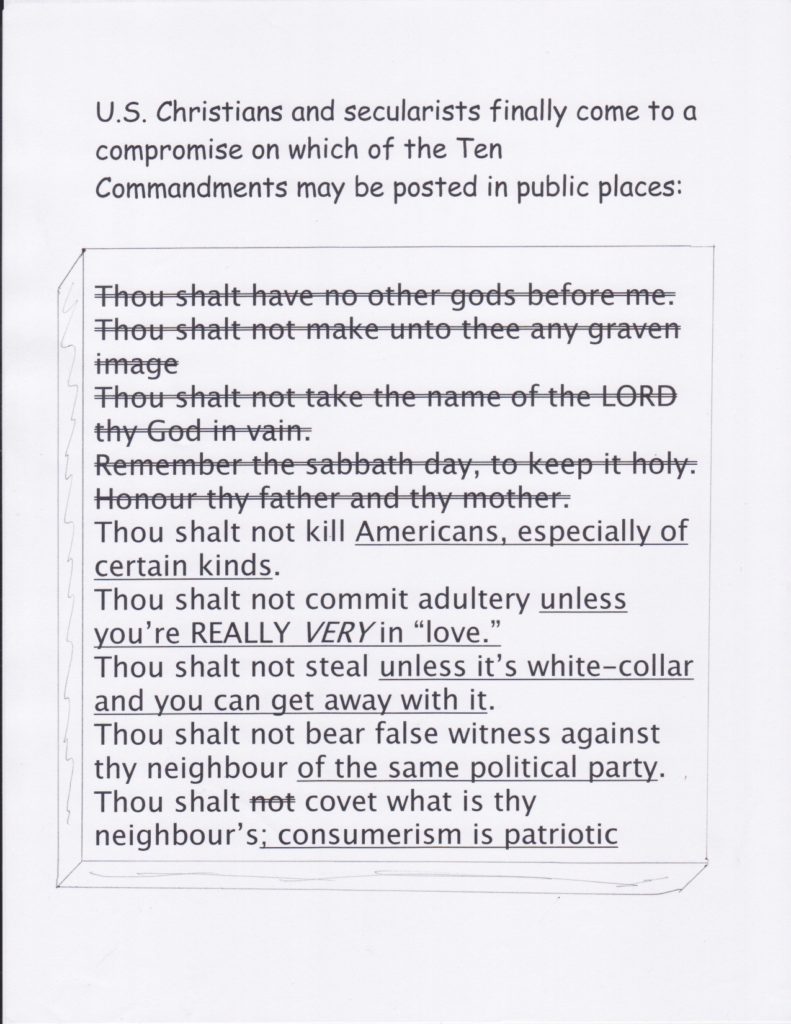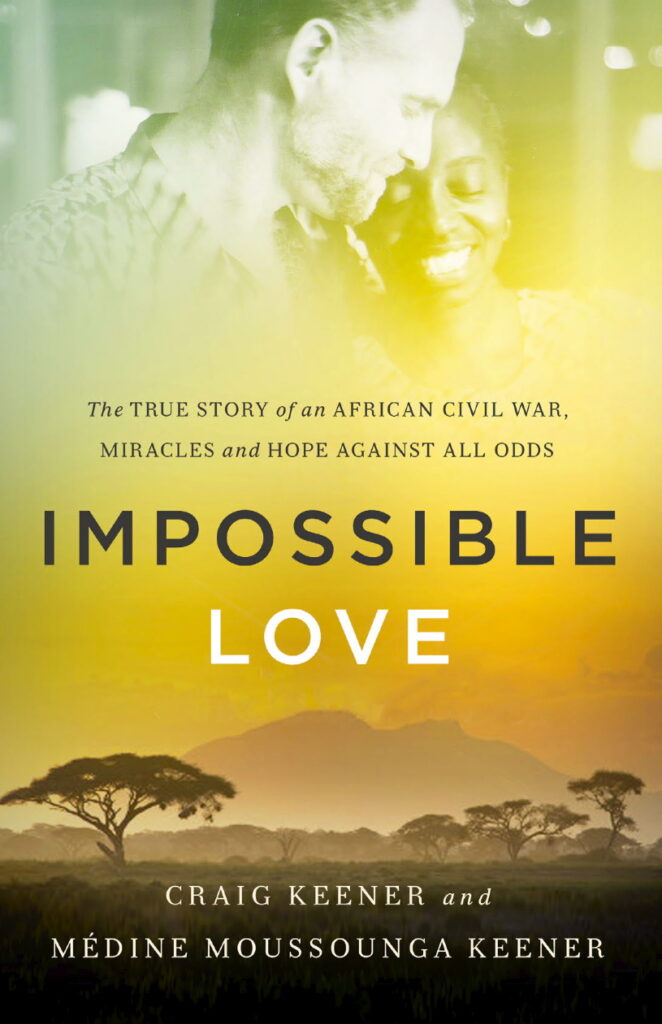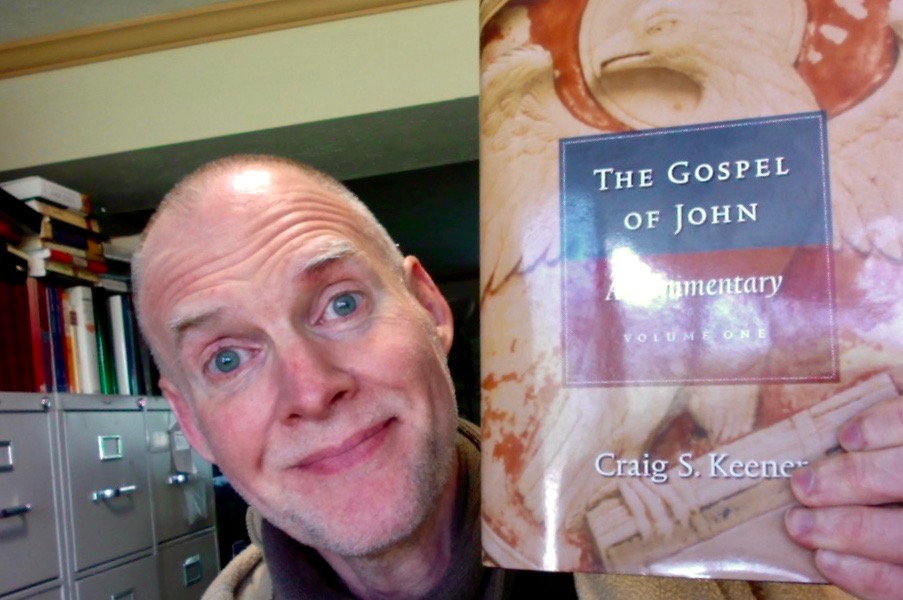I’m going to
talk about two kinds of leaders in Mark 10:42-45, but the discussion will make
fullest sense if I spend some time in the rest of Mark’s Gospel setting the
stage for this.
Jesus
throughout Mark’s Gospel displays one kind of leadership. Some scholars like to
play Jesus’s “Messianic secret” (his invoking silence regarding much of his
ministry) off against his signs or glory. But they are envisioning the wrong
dichotomy. Throughout the Gospel, Jesus is healing and delivering others, even
at risks to himself. (His times with the marginalized would not commend him to
the elite.) He is not seeking his own honor; his acts of healing are part of
his being a servant to others. Jesus spent time with the disabled, and moral
and social outcasts—he’s not looking to get the powerful to back his cause.
There are also
other kinds of leaders in Mark’s Gospel. These include some of the scribes and
Pharisees, whose confrontations with Jesus show them more committed to their
stringent interpretations of Scripture than they are to the desperate human
needs Jesus is meeting. Still more unlike Jesus are the Jerusalem elite, who
flaunt and sometimes abuse their honor and power. Like tenants in the vineyard
in the parable Jesus tells in Mark 12, these leaders forget that God allowed
them to be caretakers. They do not want to relinquish their power over the
vineyard of God’s people.
We should
expect the disciples to be different. Jesus is training these relative nobodies
to be leaders in his kingdom. Most of them are from modest or poor backgrounds;
most of them were also probably not well-educated (although at least the tax
collector should have had basic writing literacy). They were Galileans, whom
Jerusalemites sometimes viewed as country bumpkins. They should understand that
Jesus is about helping those in the greatest need, not about self-exaltation.
But soon the
disciples, expecting places of honor in Jesus’s kingdom, begin looking like the
other kinds of leaders rather than like Jesus. They try to protect Jesus from
being bothered by children (10:15); other followers want to protect him from a
blind beggar (10:48). After the disciples try to keep away the children, Jesus
has to repeat a lesson he had already given his disciples about receiving
children (9:36-37; 10:14-15)!
And before the
lesson of 10:42-45, they become even deafer to Jesus’s message. After a rich
man refuses to surrender his wealth for the kingdom, Jesus again reminds his
disciples that the first will be last (10:31) and that Jerusalem’s elite will precipitate
his death (10:33-34). Instead of contemplating this sobering warning, James and
John immediately ask to be greatest in the kingdom (10:35-40). (After all, they
were just on the Mount of Transfiguration with him and Peter, while the other
disciples were failing in an exorcism below the mountain.) This ploy makes
angry the other ten: James and John are butting ahead of them in line (10:41)!
The disciples had already been debating among themselves who was the greatest,
and Jesus had already responded that the greatest would be like a child
(9:33-35). His message, however, has obviously not yet sunk in.
So Jesus gives
the lesson in 10:42-45. Here he contrasts two forms of leadership. For the
first, he speaks about the world’s way of power, exemplified by the “rulers of
the gentiles” (10:42). (Keep in mind that, for Jesus’s Galilean disciples,
gentiles did not exactly epitomize moral ideals.) This was the sort of raw
power that allowed Pilate to hand Jesus over for execution or for the Jewish
tetrarch Herod Antipas to have John beheaded (though both Pilate and Herod
succumbed to others’ demands in these cases). By Galilean standards, Herod even
seemed a “king” (6:14, 22, 25-27).
This differed
from the ideal kind of rulership, the reign of God, his kingdom, proclaimed by
Jesus (1:15). This divine kingship would someday be manifested in the glory
that God’s people were expecting (14:25; 15:43), but it first came in a hidden
way—the humble “secret” or mystery of the kingdom I’ve already mentioned
(4:11-12). It is a kingdom that belongs to children (10:14-15), inimical to
power based on wealth (10:23). And the language of king, besides the
pseudo-king Herod, clusters in Mark 15, when his enemies mock Jesus as king of
the Jews (15:2, 9, 12, 18, 26, 32) and crown him with thorns (15:17).
The rulers of
the gentiles exercise authority in self-seeking, abusive ways (10:42). By
contrast, Jesus exercises authority not like the scribes (1:22), but for
driving out demons (1:27) and forgiving sins (2:10). He delegates this
authority to his disciples—also to drive out demons (3:15; 6:7), waging war
against the enemy kingdom of Satan (3:24-27).
In contrast to
the power of gentile rulers (10:42), Jesus offers a contrasting paradigm
(10:43-44). “This way of the gentiles—that’s not how it must be among you.
Instead, whoever wants to be great among you will be your servant, and whoever
wants to be first among you will be slave [doulos] of all” (10:43-44).Jesus uses power to heal the sick (5:30), not to help himself (15:30, 32;
cf. Matt 4:2-4).
Unfortunately,
this is not the first time Jesus had had to offer this lesson: he has to keep
reminding them! In 9:33-34, the disciples had been discussing who was the
greatest among them. Jesus then warned them in 9:35 that whoever wants to be
first will be last and servant of all. Now again James and John had sought to
be highest in the kingdom, and Jesus has had to repeat the lesson. Our habit of
competing for honor or attention dies hard.
Yet Jesus is
not offering mere abstract instruction. He is offering himself. And insofar as
he is our hero, our model of greatness, humbling ourselves must become our
ambition! Our Lord is greatest of all, having humbled himself most of all:
though being divine, he humbled himself, taking on him the form of a servant,
and became obedient to death, even the particularly shameful death on a
cross—the ultimate humiliation. Yet God has exalted Jesus Christ as Lord of the
universe! (Phil 2:5-11).
And so Jesus
gets specific, in 10:45 essentially adding another passion prediction that
brings them back to the subject that preceded the quest for greatness
(10:33-34): Jesus, the Lord himself, must die. “For even the Son of Man did not
come to be served, but to serve, and to give His life as a ransom for many.”
Mark’s entire
Gospel shows Jesus serving, a servanthood that climaxes in Mark’s lengthy
passion narrative. “Ransom” (10:45) often meant the price used to buy someone
from slavery. Jesus by his own life offers himself as a slave (10:44) to free
us from slavery. We could not have saved our own lives for eternity, but Jesus
does. In 8:37, Jesus asks what a person can give in exchange for their soul (antallagma
psuchê). Here Jesus says that he gives his own life (psuchê) in the
place of (anti) many. He gives his life in exchange for ours.
We whom God
had graciously appointed as leaders—some of us from lowly backgrounds like the
disciples—have a special privilege and opportunity to serve all the more. May
we always remember our Lord’s model: for how can we ever serve as humbly as he
has served us?





